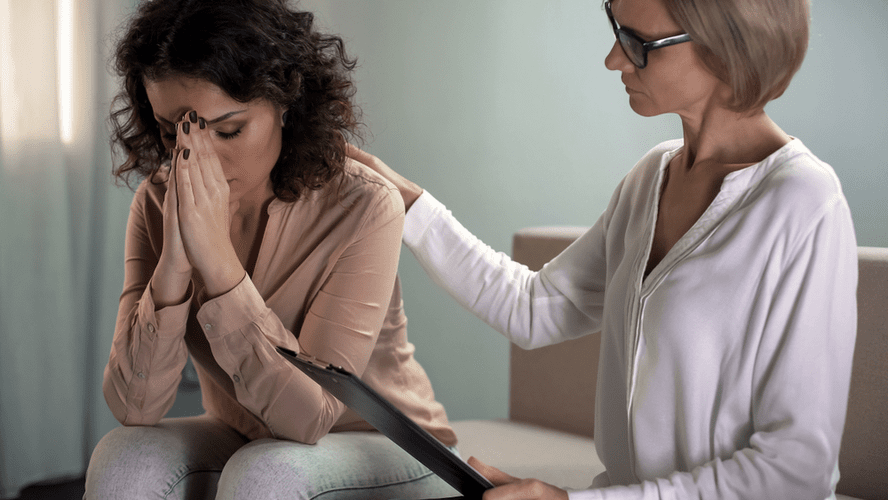Insomnia after alcohol withdrawal may, in some cases, persist for months or years. Insomnia is one of the largest setback triggers for people in recovery from an alcohol use disorder. Multiple relaxation methods can be used to help you wind down and fall asleep. These include breathing exercises, visualization exercises and progressive muscle relaxation. Doctors have found that on its own, alcohol can narrow your upper airway and lead to sleep apnea problems, even if you have never had them before.
Alcohol interrupts your natural sleep cycle, reducing the restorative benefits you get from deep sleep. You wake up more often in the night, you rarely reach deep sleep, and you don’t sleep for as long as you should. Furthermore, drinking alcohol before bed boosts the risk of parasomniac behaviors like sleepwalking or sleeping-eating.
Voted Living Magazine’s BEST SLEEP SPECIALIST in Cy Fair, 4th Year in a Row!
Exercising or being active before bed can help you sleep by making you more tired. Exercise can also boost endorphins, the chemicals in your brain that enhance mood and your ability to relax. Getting to sleep naturally is the best way to ensure that the mind and body get the rest they need. A 2016 study found that participants had significantly worse sleep in a hospital setting than at home. The authors of the study found that this was primarily due to the increased level of noise in the hospital. The National Sleep Foundation recommends that to get a good night’s sleep, people may want to sleep on a mattress and pillows that are comfortable and supportive.
How much sleep do you actually need? – Harvard Health
How much sleep do you actually need?.
Posted: Mon, 30 Oct 2023 07:00:00 GMT [source]
The suggestions you hear while in this deeply relaxed state help reset your mind. Hypnosis speaks to the conscious ‘thinking’ part of your brain, which in turn speaks with your subconscious mind. For more tips on dealing with insomnia-related issues read our blog [LINK]. Using substitutes might also alleviate the anxiety you might have around quitting alcohol before bed. The science behind why some people have insomnia and other people sleep well is complicated. This episode of The Verywell Mind Podcast, featuring neurologist and sleep expert Chris Winter, shares strategies for sleeping better at night.
The Real Effects of Alcohol Before Bed
If you find you’re struggling with sleep, and you can’t sleep without alcohol, you may want to consider some additional treatments for insomnia. Though we know alcohol isn’t a great way to get to sleep long-term, it can feel like a good choice when you’re struggling with insomnia. However, the more reliant you become on using alcohol to sleep, the harder it’s going to be to change your routine again. For the treatment of either disorder to be effective, both insomnia and substance abuse should be addressed together. Someone in recovery from alcohol use may experience setbacks because of sleep-related withdrawal symptoms.
- Medical disclaimerYou must not rely on the information provided on our website as an alternative to medical advice from your doctor or other healthcare professionals.
- And for people over 50, sleeping less than six hours a night may even heighten the risk of dementia.
- It is sometimes caused by disruption to your body clock, or circadian rhythm.
- The more you build on your belief you need alcohol to sleep, the more drink becomes a crucial part of your nighttime routine.
- REM sleep is known to be the optimal restorative portion of sleep.
But when the sleep disruptions last longer than three months it can qualify as chronic insomnia, which can have long-term health consequences. One of the most effective treatments is cognitive behavioral therapy, or CBT. This approach helps you address the underlying thoughts, feelings and behaviors that are ruining your sleep. Using relaxation techniques is a good solution to help you wind down. For example, studies have shown mindfulness meditation can improve sleep quality and decrease daytime disturbance in people with chronic insomnia. Going to bed at different times every night is a common habit for many people.
So can you use alcohol to help you sleep?
Although alcohol may make it easier to get to sleep, it harms the overall sleep quality and could lead to dependence over time. Most striking of all, our stress and anxiety levels skyrocketed, which are two of the root causes of insomnia. “We can use our devices to actually promote sleep by listening to something that’s relaxing or doing something that takes our mind off other things,” says Dr. Drerup. Putting your devices away an hour or two before bed can help you start to ease into rest.

The pillow you sleep with makes a big difference in your quality of sleep. The right pillow should keep your neck and spine in a straight alignment. The GhostPillow how to fall asleep without alcohol is an awesome pick for back or stomach sleepers, especially if you sleep hot. It has special cooling tech and physically feels cold to the touch.
You’ll be more likely to fall asleep fast if you avoid stimulation before bed. Stay away from caffeine, other medication, screen time, sugary foods, stressful activities, and of course, alcohol. You may think you’re getting a good night sleep² by drinking before sleep, but you’re not. In reality, your body is busy processing the alcohol and doesn’t get a chance to shut-down or get the much needed deep sleep. Instead of drinking, take some simple steps to set yourself up for a successful nights sleep.




